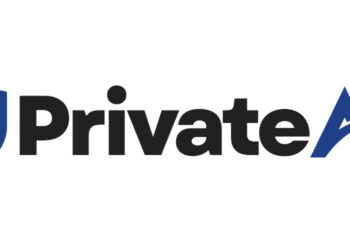BRITAIN — Somehow, while the British government was installing more closed circuit television cameras to watch over its populace than any other nation on earth, it forgot to make sure those privacy-poor tax payers could get online and promptly download their own images. Instead, the nation’s citizens are stuck with their mug on untold numbers of CCTV cameras and some of the slowest bandwidth speeds in the modern world. According to the BBC, more than half of all UK homes with broadband trudge through the internet at a sleepy average speed of four Mbps per second; something experts content means the country is slipping into the “slow lane.”
Fortunately, those ministers not busy watching the governed jaywalk, speed, or saunter down the streets on their way to no good, understand that a slow internet means a slow economy. In order to avoid that fate, industry leaders have been meeting with government officials to discuss ways to play catch-up.
“We need to be discussing how we can put this new network into place, because delay could be a barrier to the future success of our economy,” minister of competitiveness, Stephen Timms explained to the BBC.
With other countries building super-fast networks capable of delivering content at as much as 100 Mbps, there’s a lot to discuss and a lot of potential delay to avoid.
Part of the problem is a lack of copper lines designed to handle modern traffic. Fortunately, although Britain’s biggest broadband provider, BT, has admitted it will have a hard time getting up to speed, competitor Virgin insists it’s up to the challenge and has vowed to make 50 Mbps broadband readily available to 70-percent of its customer base by the end of next year. That’s double the speed Virgin offers currently and will be accomplished not by laying new fiber, but by boosting equipment at the hub while simultaneously bundling channels.
BT, by comparison, plans to introduce ADSL2+ by 2011, but does not anticipate speeds topping 24 Mbps.












